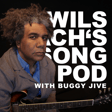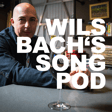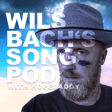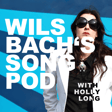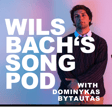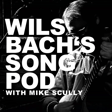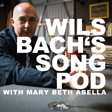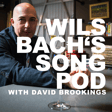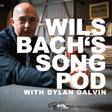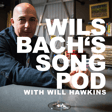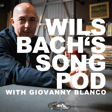
JOON GLOOM (AKA JACQUI GABALL)
Jacqui Gaball, who releases music and performs as Joon Gloom, is a talented singer-songwriter born and raised in a small town just outside of Los Angeles. Renowned for her raw, honest, and emotionally charged songwriting style, Jacqui created the alias Joon Gloom to embody her unique musical persona.
Since her debut as Joon Gloom in 2017, she has released five singles, captivating audiences with her heartfelt lyrics and evocative melodies. In 2023, she unveiled her latest work, the Wildfire EP, further solidifying her presence in the music scene.
Beyond her recorded works, Joon Gloom is an active performer. She hosts a popular weekly open stage in Thousand Oaks, providing a platform for local talent to shine. Additionally, she is a regular participant in Nabu Wines' Sunday Night Live monthly tribute series, where she continues to connect with audiences through her compelling performances of some classic songs.
She was also gracious enough to share her time and talent on my latest release. She sang some beautiful background vocals on Until The Sun Comes Up. Please welcome to Wils Bach’s Song Pod…Jacqui Gaball also known as Joon Gloom.
Joon Gloom
The Artists' Way by Julia Cameron
https://juliacameronlive.com/the-artists-way/
For more on Wils Bach:
Instagram @wils.bach
Join my Patreon:
http://www.patreon.com/wilsbach
